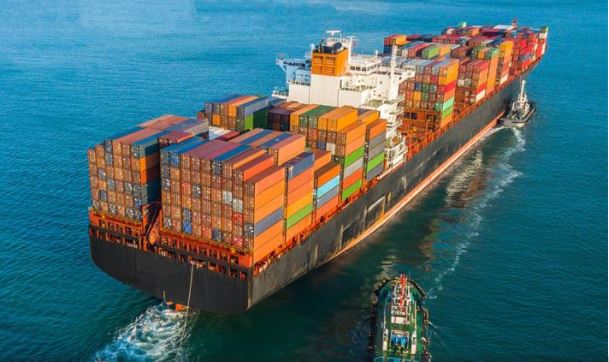AN Executive Partner, Alfam Insurance Plc, Gbolaham Adu, has said indigenous insurance companies lose about $60m of potential annual revenue to their foreign counterparts.
According to him, this is because foreign-owned tankers lifting crude in the nation do not patronise local insurance companies.
Adu disclosed this in an interview with our correspondent. He said, “The percentage rate of insurance cover for ships done by local insurers is between 10-15 per cent.
“If the vessels are not owned by a Nigerian, they won’t do it here. For instance, if a vessel is owned by a Greek, they will do the insurance in Greece.
“There are lots of prospects in the insurance sector but the government must ensure local participation in transactions carried out in the nation.
“If there is no enforcement, we won’t make headway. The nation’s insurance sector loses about $5m every month due to this.”
He added that insurance sales are expected to rise as more local companies buy assets of the foreign ones.
He said, “For instance, Seplat recently announced its plans to acquire some of ExxonMobil’s assets, at that level there would be more participation for insurance companies in Nigeria compared to before.
According to Adu, indigenous ship owners lack capacity and this is affecting the full participation of local insurance companies in the sector.
He added, “The vessels lifting crude in Nigeria don’t patronise Nigerian indigenous insurance companies because they are foreign-owned. And you know that if it is done by Nigerians, it is easier for the insurance to be domiciled in Nigeria.
“But if it is not done by Nigerians, there is a limit to what you can do. Most of the indigenous ship-owners that used to have vessels before are now out of business and others are just fronting. So, we have very few indigenous ship-owners really owned by Nigerians.
According to the Board of Trustee Chairman of Maritime Researchers and Authors Association of Nigeria, Eugene Nweke, local insurance companies have tried to secure their ground with the issue of cabotage.
He said, “You know there is a reverse on the issue of our insurance content under the Freight On Board policy, we ship our crude on FOB and not on Cost Insurance and Freight (CIF) but we bring our imports on CIF.
“If you are talking about insurance on imported goods, it is being taken care of by the foreign shipping companies who are bringing in the cargoes. If it is on exports, that is where our insurance companies are supposed to be on ground but they have tried to secure their ground with the issue of cabotage.”
According to Nweke most indigenous insurance companies are trying to link up with their foreign counterparts to improve the situation.
He said, “Most of our insurance firms are now trying to have a work relation with some of their foreign counterparts. However, it is still an insult that we ship our cargoes on FOB only.
“We all know that even when you ship cargoes on FOB, there is no shipping line that will carry cargoes without insurance; so that means some foreign insurance is paying voyage on Nigerian cabotage vessels to anywhere the ship is going to discharge the crude.”
However, the Chief Executive Officer, Cowry Assets Management, Johnson Chukwu, in an interview, said, “It is a commercial decision, because people who are lifting the crude will determine which insurance company to use.
“The risk of shipment is on them, if they choose to use Nigerian companies that will be determined by the fact that they feel the company can insure the capacity of such cargoes. It is a purely commercial decision. If they feel that the company is big enough, they can insure the consignments there.
“But the key thing is this, most companies that are lifting Nigerian crude are not Nigerian companies, most of them are foreign-based companies.
And they would likely take insurance with their indigenous companies because they feel they can handle any indemnification that might arise in case of any loss.”

